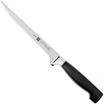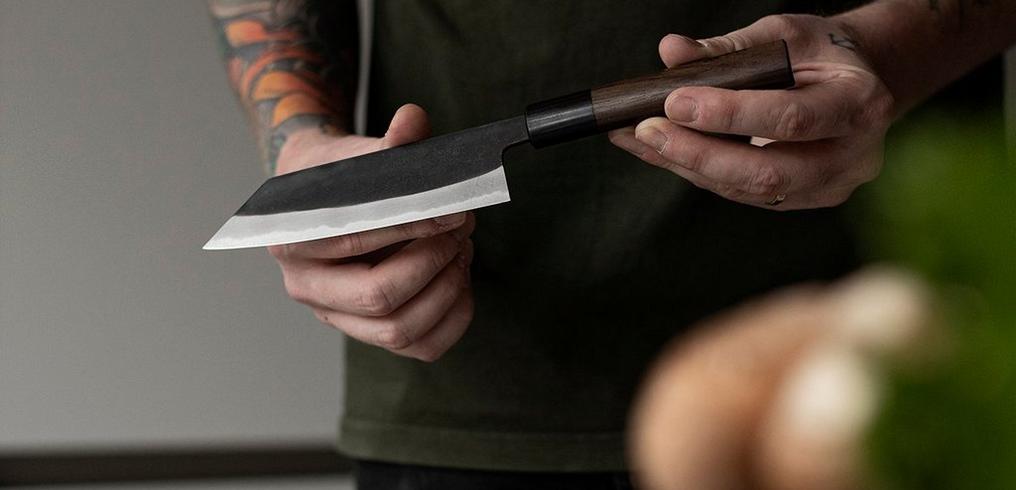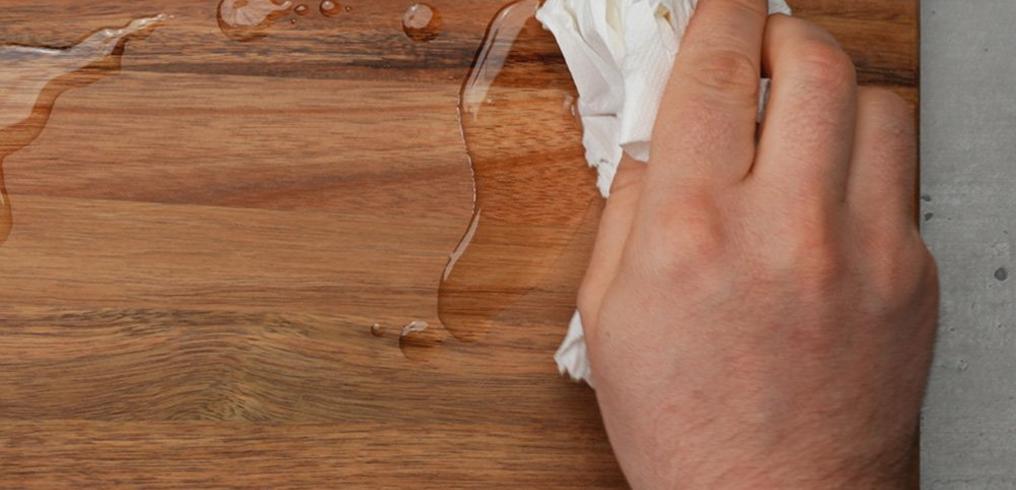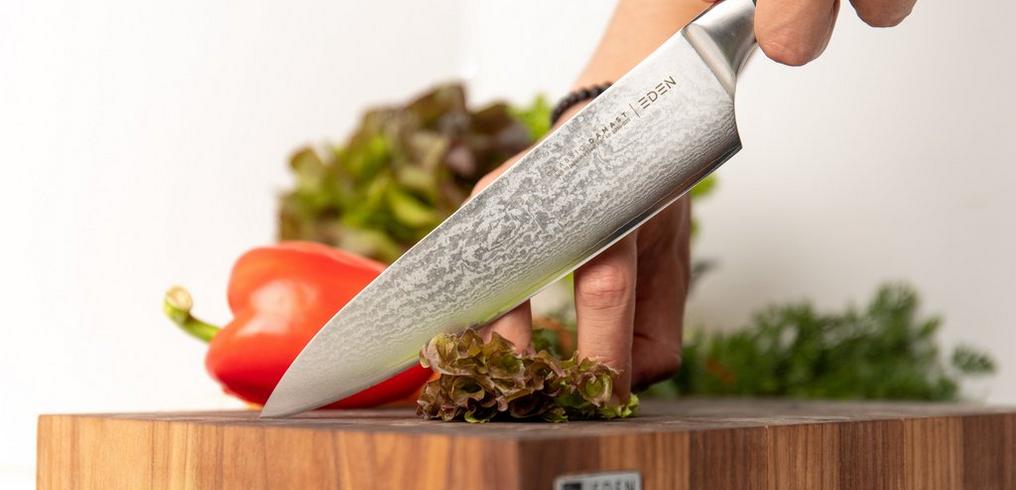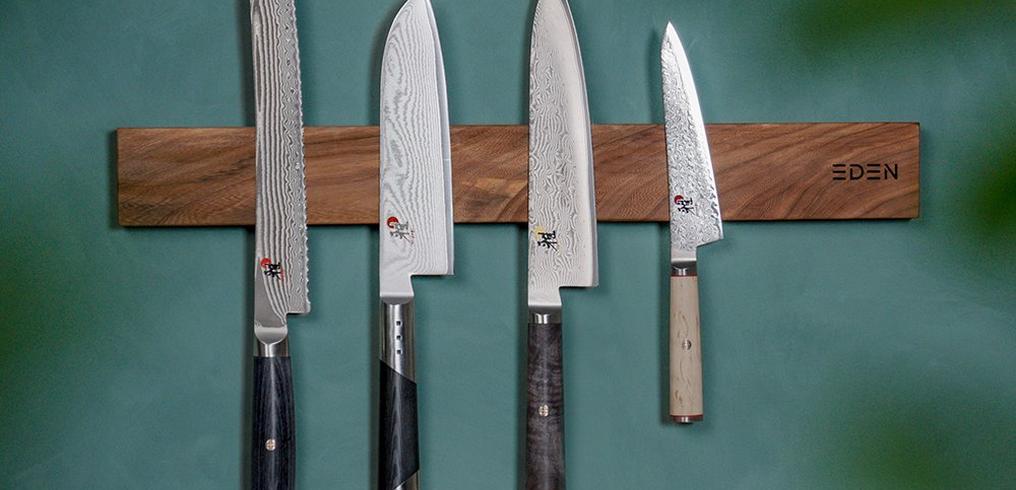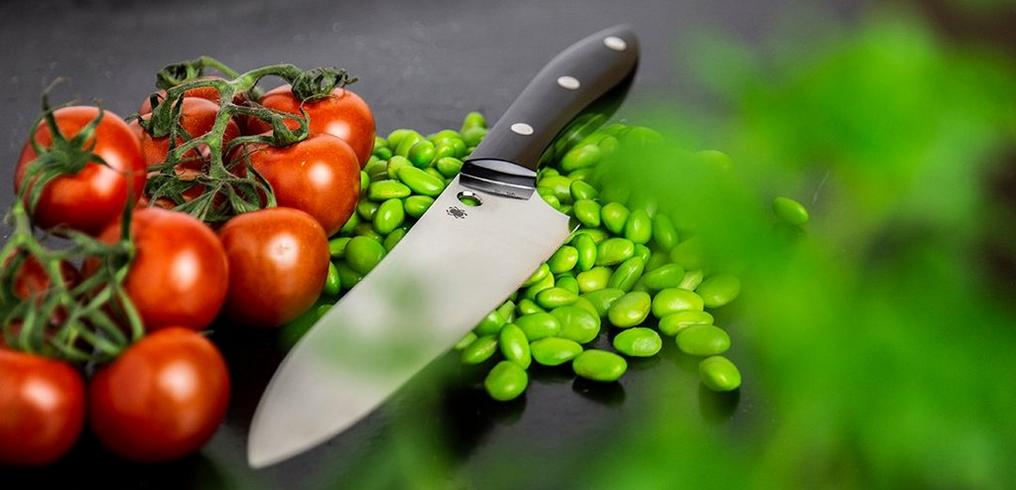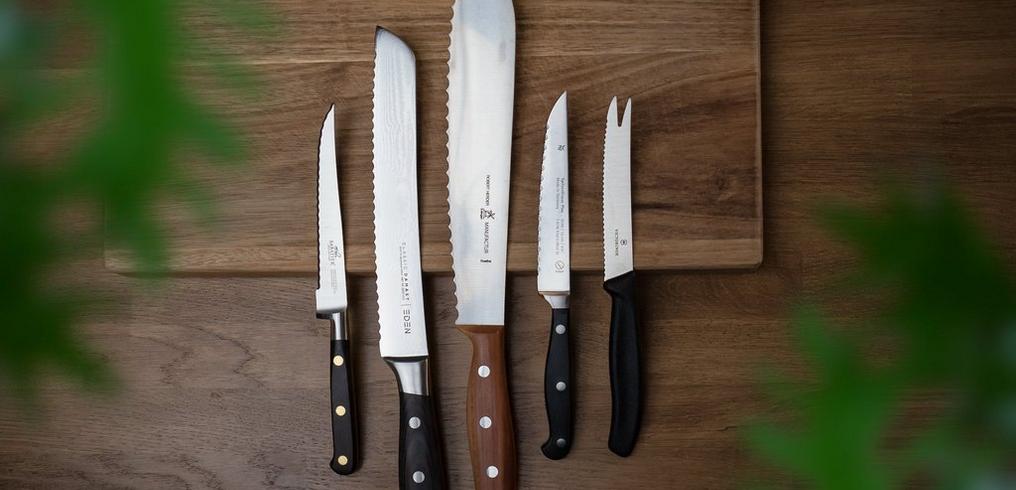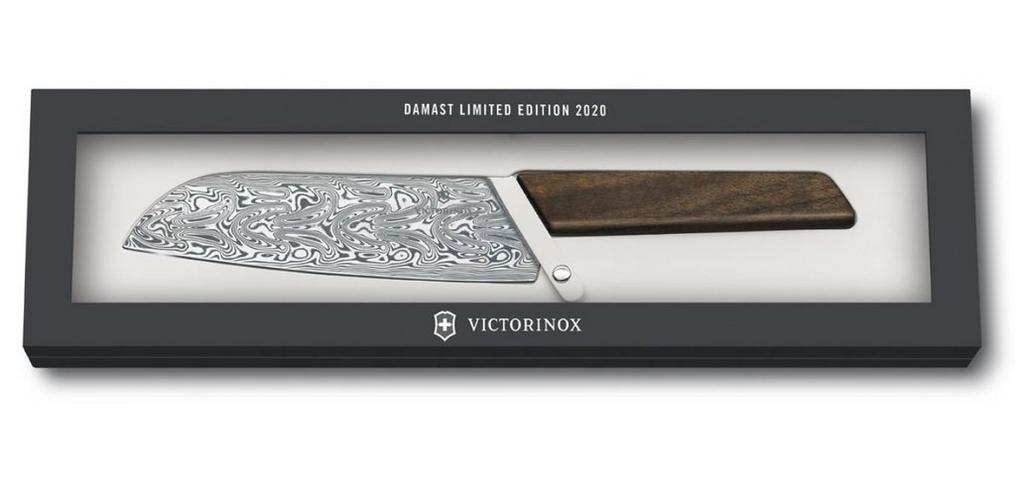German knife brands compared
The kitchen knives from Solingen, Germany, are famous around the world. Because these brands' kitchen knives have been so popular for such a long time, they sometimes look very similar. Which brands are out there? And what are the differences and similarities? We compared Zwilling, Böker, WMF, Güde and Robert Herder.
Zwilling
Zwilling J.A. Henckels is one of the most famous names in the world of kitchen knives. Zwilling was registrered in 1731 by Solingen knife maker Peter Henckels. He named his company after his own zodiac sign: Twins (Zwillinge in German). Later on, the company was taken over by Johann Abraham Henckels, to whom the brand owes its current name: Zwilling J.A. Henckels. Often, however, this is abbreviated to Zwilling.
Zwilling: pros
- Very large range, including Japanese kitchen knives
- Excellent price-quality ratio
Zwilling: cons
- Quality of finish depends on the series
- Large engravings on the side of the blade
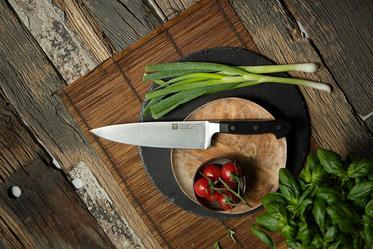
Güde
Güde has been making high-quality German kitchen knives for over a century. What's so special about this brand is how much of the work is still done by hand. Over 30 steps in the production process require a check from one of Güde's master knife makers. This brand made the conscious decision to go for craftsmanship rather than mass production, and one design rather than multiple series with different designs. The result is perfect kitchen knives that give you years of enjoyment in a professional capacity or home kitchens. Due to the large pommel - the steel part on the back of the handle - these knives are relatively heavy.
Güde: pros
- One perfect design
- Excellent quality
Güde: cons
- Not a lot of choice in models
- Can be pricey
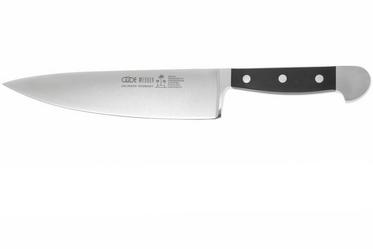
WMF
The history of WMF, or Württembergische Metallwarenfabrik, dates back to 1853. By 1900, WMF's range already consisted of more than 20,000 unique products! These days, they produce everything you need in the kitchen. From kitchen knives and cutlery to pans and kitchen gadgets. WMF kitchen knives are very stylish. Form follows function. In other words: no unnecessary fuss. Functional, high-quality, affordable yet stylish. What more could a cooking enthusiast ask for?
WMF: pros
- Choice of traditional or modern design
- Large range, including pans and cutlery
WMF: cons
- Quality of finish depends on the series
- Depending on the series, can be relatively pricey
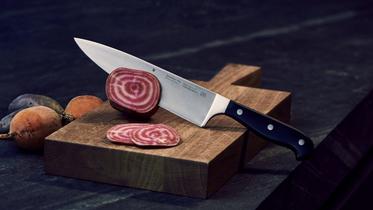
Robert Herder
Mostly famous for their small and razor-sharp 'mill knives'. Many of these kitchen knives have a blade made from carbon steel. Carbon steel might not be corrosion resistant, and it might require careful treatment, but the cutting properties are so good that Robert Herder decided to go with carbon steel anyway.
Robert Herder: pros
- Razor-sharp thanks to the hand-sharpened 'Dünnschliff' grind.
- Elegant wooden handles
Robert Herder: cons
- Carbon steel requires maintenance
- Depending on the series, can be relatively pricey
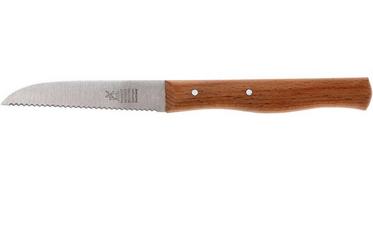
Böker
Böker kitchen knives have been known for their Solinger quality for over a hundred years. Böker's logo is a stylised chestnut tree. This tree stood in front of the original factory, and founder Heinrich Böker thought it would make a nice symbol for the company. Böker was founded in 1869 and has since grown into one of the world's leading knife brands. Also in the world of pocket knives! Böker offers a wide range of kitchen knives with different materials and styles.
Böker: pros
- Excellent quality
- Extensive range
Böker: cons
- Not many kitchen knives in each series
- The kitchen knives from the Forge series are made in Asia
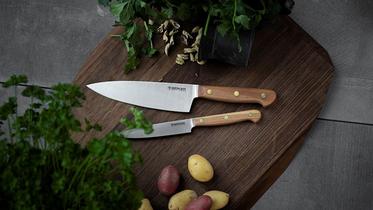
Conclusion
Despite all having their roots in Solingen, these brands clearly have their own characteristics. Hence, your preference is very personal. Weight, length, handle material: all things that play an important role when choosing a knife. Luckily, with these German knife brands, you have plenty of choice!
Still unable to make a choice? View all kitchen knives from Germany here.
Güde Alpha
Description
The Güde Chef’s knife is perfect when you like a heavier knife. The knives are mostly made by hand by German knife ‘masters’. The design is powerful and contemporary. The grip and blade are in perfect balance and make for the recognizable profile of Güde knives.
Specifics
| Kind of steel | X50CrMoV15, Ice hardened |
| Total length | 38.9 cm |
| Weight | 310 grams |
| Blade length | 21.1 cm |
| Blade thickness | 3.7 cm |
| Length handle | 12.1 cm |
| Material handle | Hostaform |
| Dishwasher proof | Yes, but we advise against it. The dishwasher will increase the wear and tear on the knife. |
Properties
| Sharpening angle | 18° - 20° |
| Finish is at factory sharpness (cm per block) | 3.0 cm |

Wüsthof Classic
Description
The Wüsthof Classic Chef’s knife gets its classical appearance through the three studs in the grip. The ‘all-rounder’ in the kitchen is suitable for wedging, chopping and cutting. The Classic knife is hardened to 56-58 HRC. That means that it is sharp for a very long time and that it will be easy to sharpen.
Specifics
| Kind of steel | X50CrMoV15 |
| Total length | 37 cm |
| Weight | 266 grams |
| Blade length | 19.4 cm |
| Thickness blade | 2.9 cm |
| Length handle | 12.5 cm |
| Material handle | Black polypropylene |
| Dishwasher proof | No |
Properties
| Sharpening angle | 18 - 20° |
| Finish is at factory sharpness (cm per block) | 3.1 cm |

Zwilling Pro
Description
The Zwilling Pro series has a timeless classical design. The three studs in the grip strengthen its classical appeal. The weight of the knife, seamless transfer from blade to grip, and its comfortable positioning in the hand make for a perfect knife to handle.
Specifics
| Type of steel | Ice-hardened Friodur-steel |
| Total length | 32.9 cm |
| Weight | 250 grams |
| Blade length | 19.9 cm |
| Thickness blade | 2.3 cm |
| Length handle | 11.5 cm |
| Material handle | Plastic |
| Dishwasher proof | Yes, but we advise against it. The dishwasher will increase the wear and tear on the knife. |
Properties
| Sharpening angle | 18 - 20° |
| Finish is at factory sharpness (cm per block) | 4.3 cm |

The finish is factory-sharp
To be able to measure the sharpness of the blades we have set up a test. We measured the length of the movement one needs to cut through an object we have selected with a constant pressure of 50 grams. With a sharp knife the distance is shorter than a blade that is more dull.
